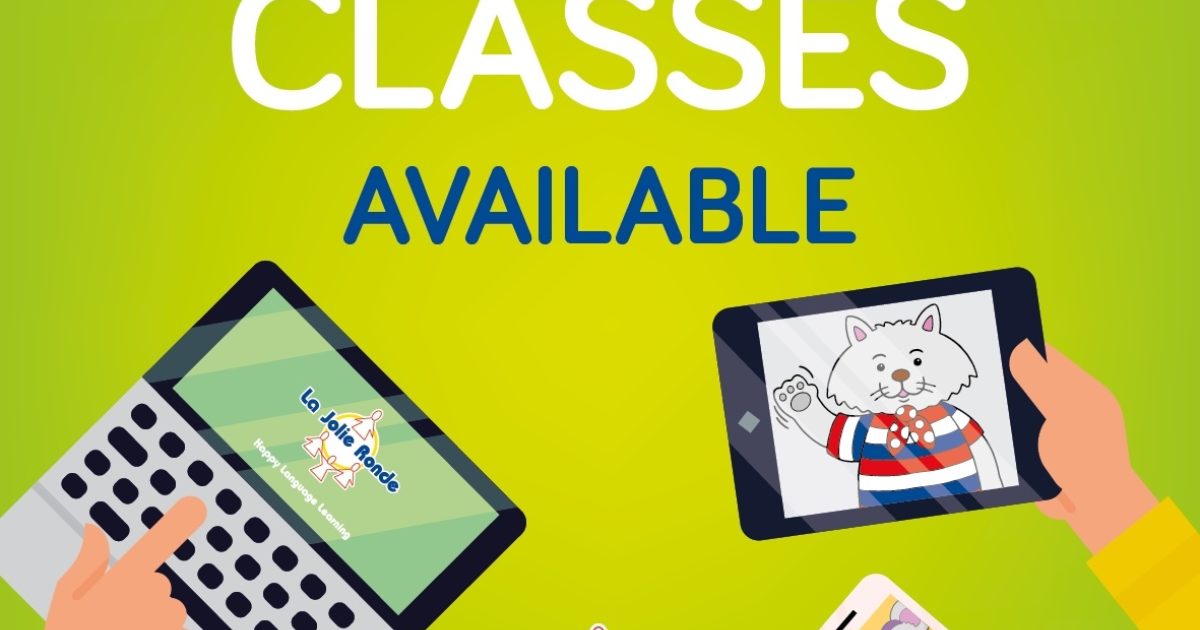I've been reading the thread from the Parent of the bored Y2 girl with interest as I'm in a very similar position with DD who is around the same age.
I'm not convinced she is properly in the category of gifted, but is very bright and currently about 2-3 years ahead of her class (formally assessed), particularly in reading. She enjoys a lot of aspects about school, but is beginning to complain about being bored with the school work. She's actively asking me to do harder workbooks with her outside of school, but I'm in two minds as it seems to be exacerbating the problem and pushing her even further ahead. School seem reluctant to discuss her actual level of capabilities, just commenting she is ahead of milestones - slightly cynically I think this is because if they did, they would need to do something about it. 🤔
So as per the other thread I'm interested in your stretching suggestions outside of the normal curriculum. What worked for you? Any specific subjects that would be both interesting and useful? How do you find a language teacher for example, for a 6 year old? Also, books that are challenging enough but with subject matter that is also age appropriate for a younger child?
Please or to access all these features
Please
or
to access all these features
Talk to other parents about parenting a gifted child on this forum.
Gifted and talented
Suggestions for stretching a bored Y2
16 replies
MrsDoylesLovechild · 20/11/2023 23:39
OP posts:
HighRopes ·
21/11/2023 12:45
Please create an account
To comment on this thread you need to create a Mumsnet account.
